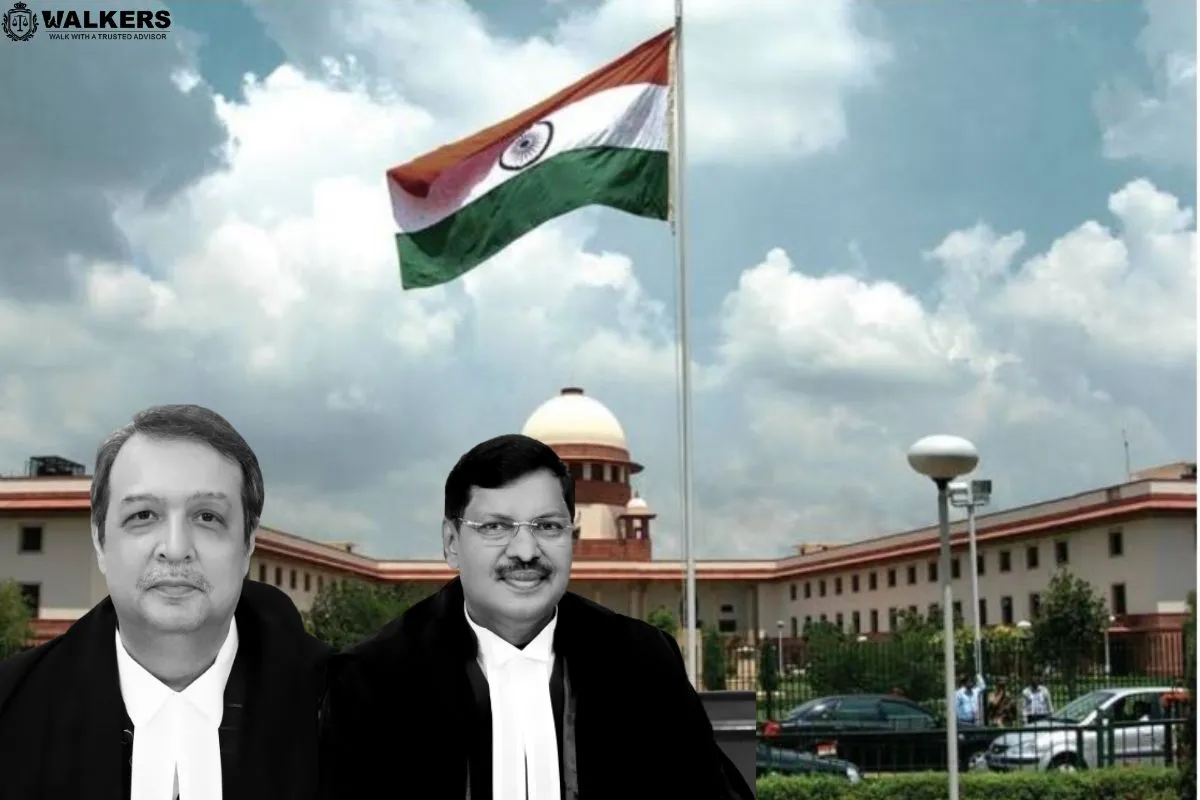


Supreme Court Examines Scope: Special Court Can Proceed with IPC Offences in Absence of PC Act Sanction
The recent verdict by the Supreme Court has clarified that a Special Court established under the Prevention of Corruption Act 1988 (PC Act) has the authority to continue proceedings against an accused for violations of the Indian Penal Code 1860 (IPC), even if the requisite sanction for prosecution under Section 19 of the PC Act has not been granted.
The case in question involved a bank manager who was facing trial for charges under Sections 120-B read with Sections 420, 468, and 471 of the IPC, as well as Section 13(2) read with Section 13(1) of the PC Act, 1988. These charges were related to alleged involvement in a loan scam. Although the Special Court discharged the appellant from PC Act offences due to the absence of Section 19 PC Act sanction, it decided to proceed with the IPC offences, reasoning that Section 197 of the CrPC (Criminal Procedure Code) did not apply to a bank employee. The appellant appealed this decision, leading to the matter reaching the Supreme Court.
The appellant argued that the Special Court lacked the authority to proceed with IPC offences due to the absence of sanction under Section 19 of the PC Act.
However, the Supreme Court rejected this argument, emphasizing that the provisions of Section 197 of the CrPC, pertaining to sanction for IPC offences, and Section 19 of the PC Act operate independently.
The Court explained that Section 197 of the CrPC applies to public servants accused of offences allegedly committed during the discharge of official duties, while offences under the PC Act, 1988 are distinct and not related to official duties. Referring to past cases (Kalicharan Mahapatra v. State of Orissa and Lalu Prasad alias Lalu Prasad Yadav v. State of Bihar), the Court maintained that the appellant could be proceeded against for IPC offences, even after being discharged from PC Act offences.
The Court underlined that the requirement for sanctions differs between IPC offences and PC Act offences, clarifying that Section 19 of the PC Act is mandatory for prosecuting public servants under the PC Act. In contrast, the necessity of sanction under Section 197 of the CrPC for general penal law offences against public servants depends on the connection between the act and official duty. The Court noted that merely committing an offence cannot be considered part of official duty, and a careful examination is required to ascertain if the act falls under the protective umbrella of Section 197.
Furthermore, the Supreme Court raised a future question for consideration – if the sanctioning authority denies PC Act sanction due to allegations being frivolous or vexatious, what impact would this have on IPC offences? The Court pointed out that this matter was not applicable in the current case, as initial denial of sanction was based on procedural irregularities rather than frivolity. However, the Court suggested that this aspect might be examined in future litigation.
Click Here to: Download/View Related File
TAGS: Supreme Court Special Court Prevention of Corruption Act 1988 PC Act Indian Penal Code 1860 IPC offences Section 19 Section 197 CrPC Public servant Sanction for prosecution Discharge Trial Loan scam Bank manager Accused Verdict Proceedings Independent provisions Official duty Distinct offences Precedents Judicial interpretation Nexus Protective umbrella Procedural irregularities Frivolous prosecution Vexatious allegations.